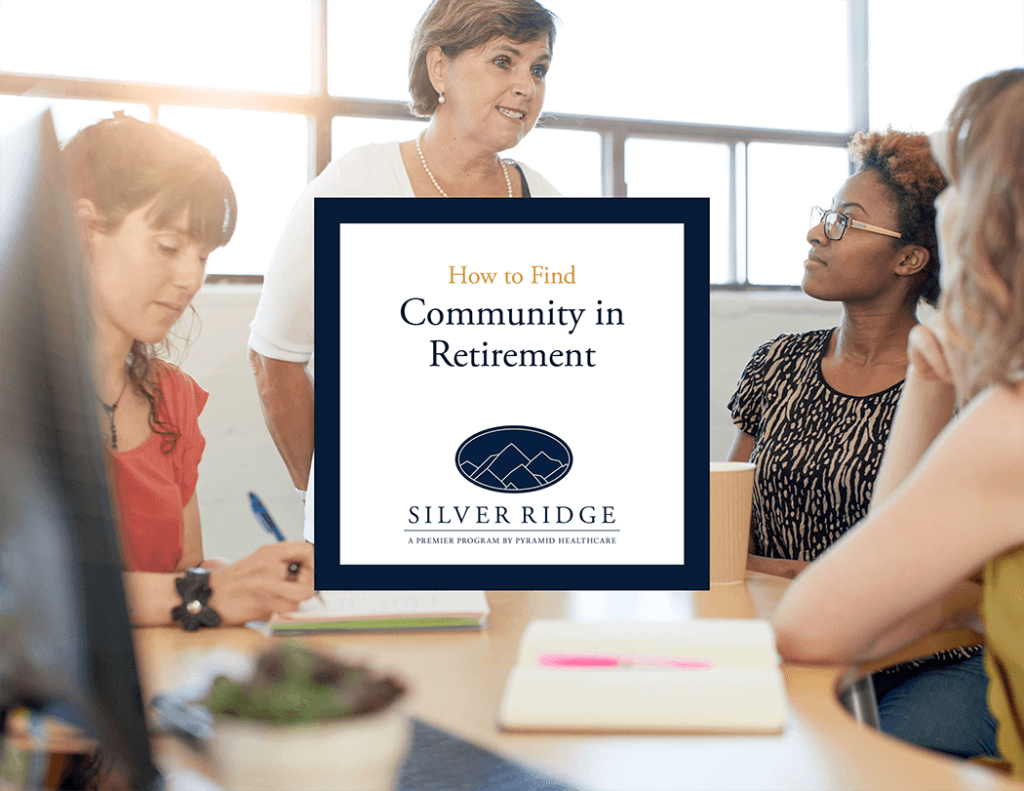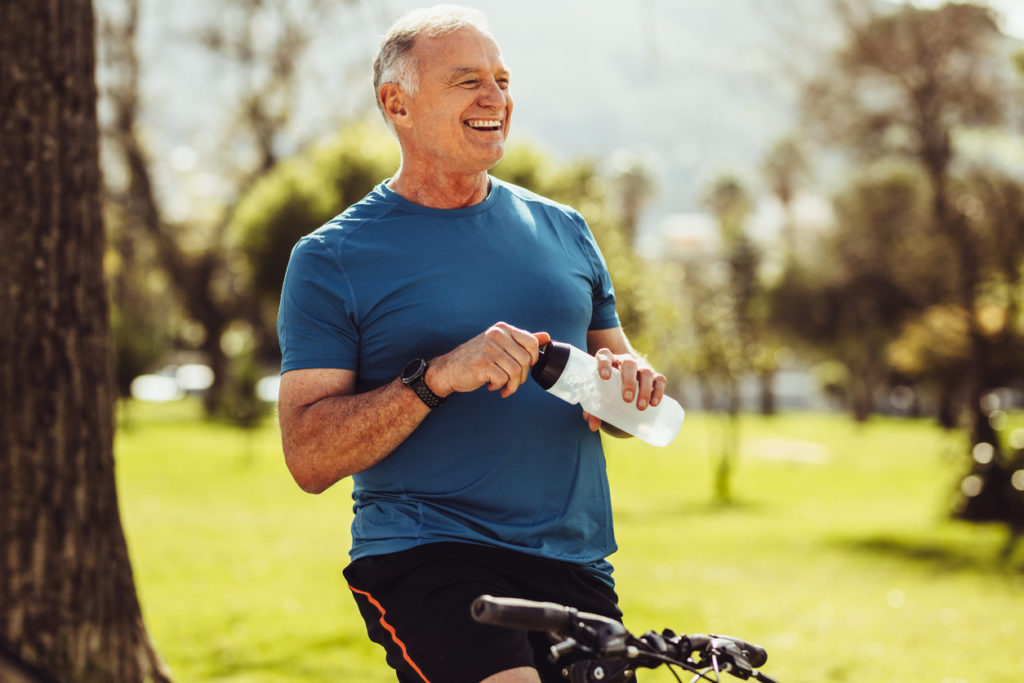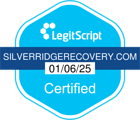6 Tips for Protecting Your Sobriety at a Company Holiday Party

Christmas and New Year’s are just around the corner, and parties and gatherings are filling up social calendars coast to coast. It could be easier for you to simply decline an invitation if you think the event might jeopardize your sobriety.
But some holiday gatherings, such as your company’s annual office party, might be mandatory events. While alcohol usually comes with the territory, it can present a threat to your sobriety when you’re in recovery from a substance use disorder. Here are a few quick tips that can help you stay sober while meeting your holiday obligations.
1. Arrive early and leave early
When it’s essential to make an appearance at your company’s holiday party, make a plan to arrive and leave early. You can make the rounds, say hello to all your bosses and coworkers and make an early exit before the drinking and partying gets into full swing.
2. Bring a sober buddy
Take a sober friend with you, like someone from your recovery support group. If it’s someone with more recovery time than you, all the better, as they can offer a seasoned perspective. If you can’t take a friend with you, have someone standing by to text or call throughout the evening if you need support or advice. You can also arrange with your sponsor to check in regularly throughout the party. The idea is to build in some support during the event in any way you can.
3. Serve yourself
Stay safe and serve yourself your own drinks. You’ll eliminate the possibilities of picking up a drink with alcohol inadvertently, or that someone will give you an alcoholic drink without your knowledge. If you put your drink down to dance or visit the restroom, get yourself a fresh one upon returning. Don’t risk picking up the wrong glass, or having someone accidentally switch drinks or add alcohol to yours.
4. Keep a beverage in your hand
Keeping a drink in your hand the whole time stops people from asking you if you’d like a drink, which can unintentionally trigger cravings. Put a slice of lemon or lime in your glass to give it the appearance of a cocktail.
5. Be prepared for questions
People may notice you’re not drinking alcohol and ask why, or they might try to push a drink on you. Be prepared to deflect this by having an answer ready for why you prefer not to drink alcohol. One options is to be polite and confidently say, “I’m sticking to (your non-alcoholic drink). I have a busy day tomorrow.”
6. Be ready to make a quick exit
Keep your car keys or taxi money readily available. Then, if urges to drink become too strong, leave right away. Don’t try to test yourself.
Keep in mind that addiction is a disease, and the road to recovery is paved with holiday events that will present triggers and lead to cravings. Going into holiday gatherings armed with that knowledge and these tips will help you stay sober.
While there may be extra steps that you need to take to make sure you get through the holidays with your sobriety and well-being intact, maintaining sobriety is the most important thing you can do. You’ll be glad once January rolls around.
Have a safe and happy holiday season!









